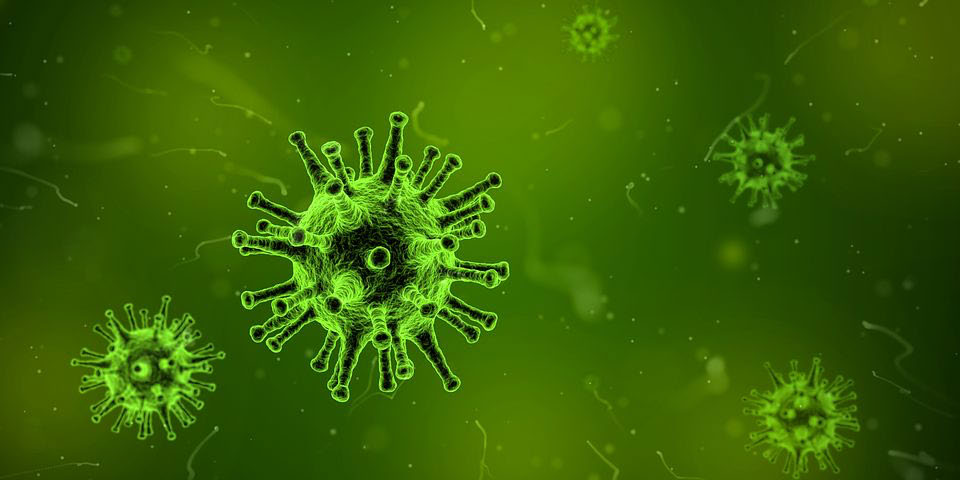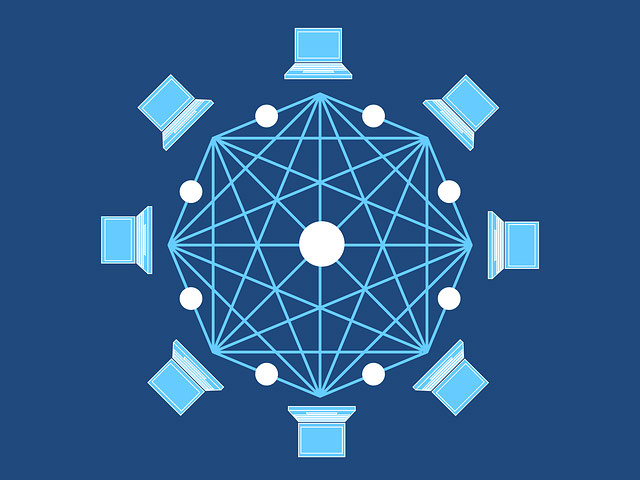What’s in this post?
How Important is Knowledge of Origin
Beyond A Price Tag
The Problem with Supply Chain
Streamlining Supply Chain with Blockchain
Supply Chain with The Proof of Trust
The Future of Supply Chain
How important is knowledge of origin?
We all like to know where things come from. It makes us feel secure, to know that the food we’re eating has been responsibly sourced, that our jeans are made from the highest quality denim or that our jewellery is the real deal. It’s what we pay for. We hand over cash on the premise that the goods we receive are what we expect them to be. It is particularly relevant when we are treating ourselves, perhaps a sought after watch, a pair of shoes or a brand new suit. If we are paying a lot of money for something, we want it to be worth it and we certainly don’t want to feel ripped off. It’s one of the reasons products create identifiable trademark aspects to their products – the roll of the Rolex, the lining of of a Paul Smith suit, they display all the elements of the brand. Quality.

Beyond a price tag
But what if there is more at stake? What if by knowing the origin of products or goods, we are able to improve lives or prevent deaths? It might sound a bit extreme, but this is a reality. In 2013 everyone in Britain was eating horse meat unbeknownst to them! The horse meat scandal, as it became known, shook large parts of Europe when it was found that products advertised as containing beef, were found to contain horse DNA as well as other undeclared meats such as pork. While no direct health issues arose, the fact that these meats contained pork, which certain cultures choose to avoid, created a huge amount of controversy. Arguably of even
greater concern was that nobody had the slightest idea what they were actually consuming. Had the unannounced ingredients turned out to have contained harmful bacteria or toxins, the consequences could have been far worse!

The problem with supply chain
The source of the problem lies in the supply chain. The horse meat scandal revealed that there is a huge problem with the traceability of produce along a supply chain. From sourcing the original meat, to preparing the ready meals, to them appearing on supermarket shelves, there is a distinct lack of transparency. Consumers quite literally don’t know what they’re buying.
This specific case is far from being unique. Salmonella and E.coli outbreaks occur most commonly through distribution of contaminated food. The problems spread further and wider than they should because the source of the issue cannot be located. Enhanced traceability would make it far easier to track goods, and create accountability over the quality of the produce. As is well documented, supply chains are complex, expensive and often cumbersome. They involve many people from different sectors, and often different countries, to coordinate and work together to provide goods. All too often there is very little transparency from one stage of the supply chain to another.

Streamlining supply chain with blockchain
Walmart have gone on to do something that not only makes financial sense, but also has a sound humanitarian element. The supermarket giant have been investigating the benefits of using blockchain to enhance traceability and transparency as well as improve communication channels between
interdependent parties in the supply chain system. The fact that a blockchain is, in its simplest form, an indelible record of transactions or events makes it the perfect candidate to streamline notoriously complex supply chains – and the food industry arguably has one of the most complex supply chains in existence. As recently as the 14th of November, Walmart Canada has announced that it is constructing the “first enterprise full production blockchain solution launched at a large scale mission-critical function”. The project is a collaboration between Walmart Canada and DLT labs.
Walmart say the aim is to improve efficiency, reduce costs and reduce their carbon footprint – a noble achievement in itself. The benefits don’t end there either, tracing the origin of foods is much more straightforward with blockchain. With the new technology it is possible to know where produce came from in a matter of seconds, compared to many days using traditional systems. Patters of illness could be spotted and contaminated goods could easily be identified and removed form our shelves far quicker than is currently achievable. So blockchain is perfect right? Well, not quite. The record of events certainly is indelible and transparent, such that anyone with the correct permissions can quickly gain access to the whereabouts or origins of goods. The problem is, what if information is entered incorrectly, or there is a dispute over the quantity or quality of goods delivered. There is no current mechanism to effectively resolve these issues.

Supply chain and the Proof of Trust
Once again The Proof of Trust (PoT) is perfectly positioned to provide a solution to the inherent problems with blockchain. PoT have the only globally patented technology that permits effective, discrete and collusion free validation of data entered into a blockchain. Wherever a disagreement over the agreements made between parties occurs, a panel of highly skilled and specialised ‘Delegates’ will vote independently on the validity of the data. As a result each transaction performed on the blockchain can be verified before it is completed. In this way the chance of submitting an error permanently to the blockchain falls to almost zero.
The future of supply chain
Like almost everything, supply chain is moving to a digital world and more specifically the world of blockchain. As it stands, supply chain seems to be the sector pushing for blockchain adoption most vigorously and it’s easy to
understand why. Many proof of concepts have shown that blockchain has the potential to provide proof of origin for food goods as well as many other items – provided that the data is trustworthy. That last statement is crucial. Without the assurance provided by The Proof of Trust, blockchains will be
at the mercy of those entering the data. Without PoT, blockchain could conceivably create as many problems as it solves.